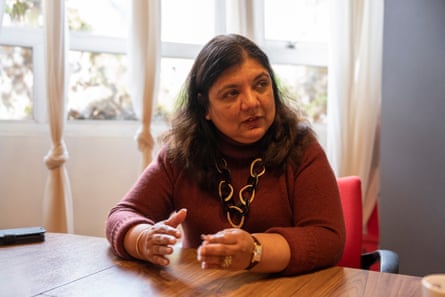‘I think the city is falling apart’: Leicester braces for a make-or-break budget.
In the local authority where citizens have the least extra cash, there is hope that the chancellor can effect change.
Anika* works full-time but never eats at neighbourhood cafés or restaurants. She brings her lunch to work.
She cannot afford to purchase anything other than the necessities of life due to the high cost of living. “Everything is quite pricey. “I cry and ask myself what else I can do to make things better,” she says.
The charity worker resides in Leicester, the local authority where residents have the least disposable cash after paying taxes, home ownership charges, and pension contributions.
It’s not uncommon for four families to share a house, one in each room, according to Zinthiya Ganeshpanchan, the CEO of the Zinthiya Trust, an anti-poverty charity she founded 16 years ago.
Speaking from a makeshift office in the city centre, she explains, “It’s a difficult situation for many people. Money concerns and mental issues resulting from restricted living conditions might lead to abusive partnerships.”

With 18 emergency rooms in Leicester for abuse victims who have become homeless, she is constantly busy, filling the hole left by council service cuts. “I think the city is falling apart,” she says.
UK inflation may have declined from its peak of 11.1% in 2022 to 3.8% in September, but prices remain more than 20% higher than they were three years earlier.
Struggling low and middle-income earners are now hopeful that Rachel Reeves will follow through on her promise to use this month’s budget to “bear down on” rising prices.


Comments are closed, but trackbacks and pingbacks are open.